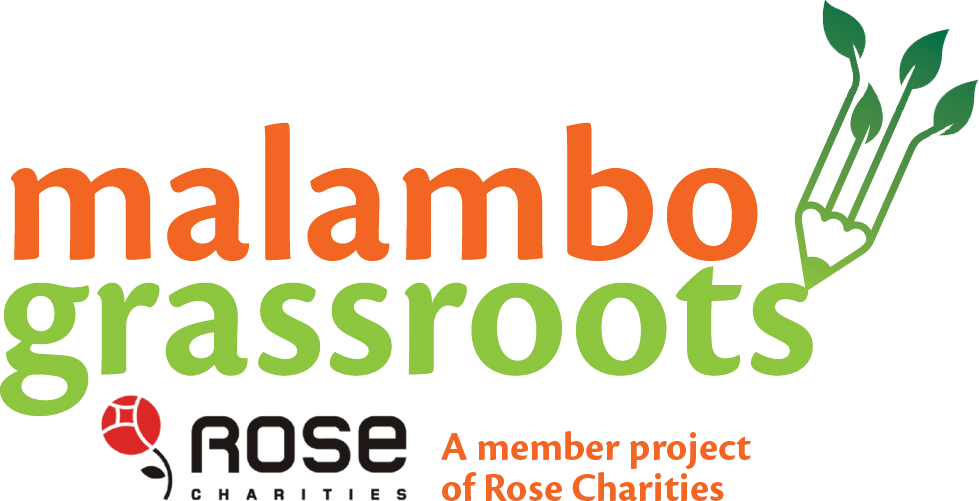
Harriet is a member of the Malambo Women's Group, which was our first initiative. It's an income generating group for women.
How do we get beyond addressing only the immediate needs of Zambians? What is the next step, after providing food, for example? How do we get beyond the need to provide this bandaid-style charity, because, to tell the truth, we have been working in Zambia for many years, and still there are now even more in need.
I think giving to address primary needs is still important.
But it needs to be linked to education. Education is the next step. It gets people to the point where they have the ability to improve their futures themselves.
These villagers need more access to education. They need support so they can continue beyond, they need better schools and a strong curriculum, they need access to scholarships, college, and university. If they don’t manage to finish high school, they need skills training so they have the chance at a career.
Giving education is a gift that lasts all one’s life. Not only that, it spreads beyond the individual. It opens the doors to good jobs in countries like Zambia that are in short supply of an educated workforce. These educated workers send money home to their village relatives and they sponsor younger relatives to further their education.
Malambo Grassroots has worked for years on a shoestring—small funds and few people resources. However, we have constantly tried to maximized our impact. When we are in Zambia, we are volunteers, living rent-free and with a support system offered by the farm where we stay— security, power, a network of people who help us here and there. With this we have the ability to maximize our outreach.
With our first few dollars we decided to start an income generating project for women. The women asked us. We have found that the women’s first priority with their income is their family–food, clothing, medical needs, and schooling expenses for their children. So we started some more income generating projects. We were able to minimize our need for money by starting simple craft-based projects, and maximize on our ability to donate our time for training. We kept expenses low. We had to.
So time has been one of our resources. We kept going back to Zambia. Our projects were running. What more could we do?
Next post is the third and final section of this essay: What more could we do?

